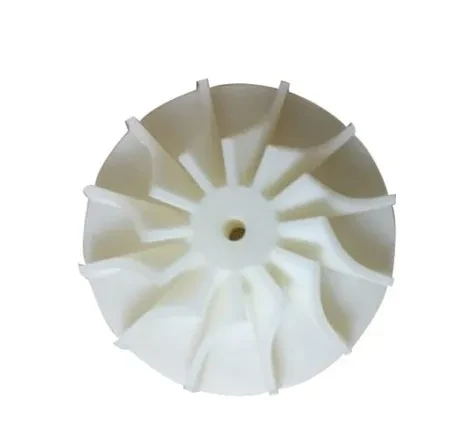
PolyCast is not a specific material used in FDM (Fused Deposition Modeling) 3D printing. However, there seems to be a confusion, as Polycast is a brand name of a liquid casting resin, which is not directly related to FDM 3D printing.
In FDM 3D printing, the most commonly used materials are thermoplastics, such as PLA (Polylactic Acid) and ABS (Acrylonitrile Butadiene Styrene). These materials come in filament form and are fed into a heated nozzle, where they melt and are extruded layer by layer to create a 3D object.
Polycast is often used in the prototyping stage of product development. Its ability to accurately reproduce complex geometries and fine details makes it ideal for creating prototypes of intricate parts and components.
Polycast can be used to create functional tooling for various industries. It is durable and heat-resistant, allowing it to withstand the rigors of tooling applications such as jigs, fixtures, and molds.
Polycast is used to produce customized manufacturing aids such as assembly fixtures, gauges, and templates. These aids help improve efficiency and accuracy in production processes.
With its mechanical strength and durability, Polycast can be used to fabricate functional parts for low-stress applications. It is commonly used to produce casings, enclosures, brackets, and other components that require moderate strength and dimensional stability.
Polycast is often utilized in educational institutions and research facilities for teaching and experimentation purposes. Its ease of use, affordability, and versatility make it a popular choice for students and researchers in engineering and design fields.
| Property | Value |
|---|---|
| Density | 1.10 g/cm3 at 21°C |
| Melt Index | 6.7 g/10min |
| Flame Retardancy | V2 |
| Heat Deflection Temperature | 52.7°C |
| Glass Transition | 70°C |
| Decomposition Temperature | 260°C |
| Bed Temperature | 60°C |